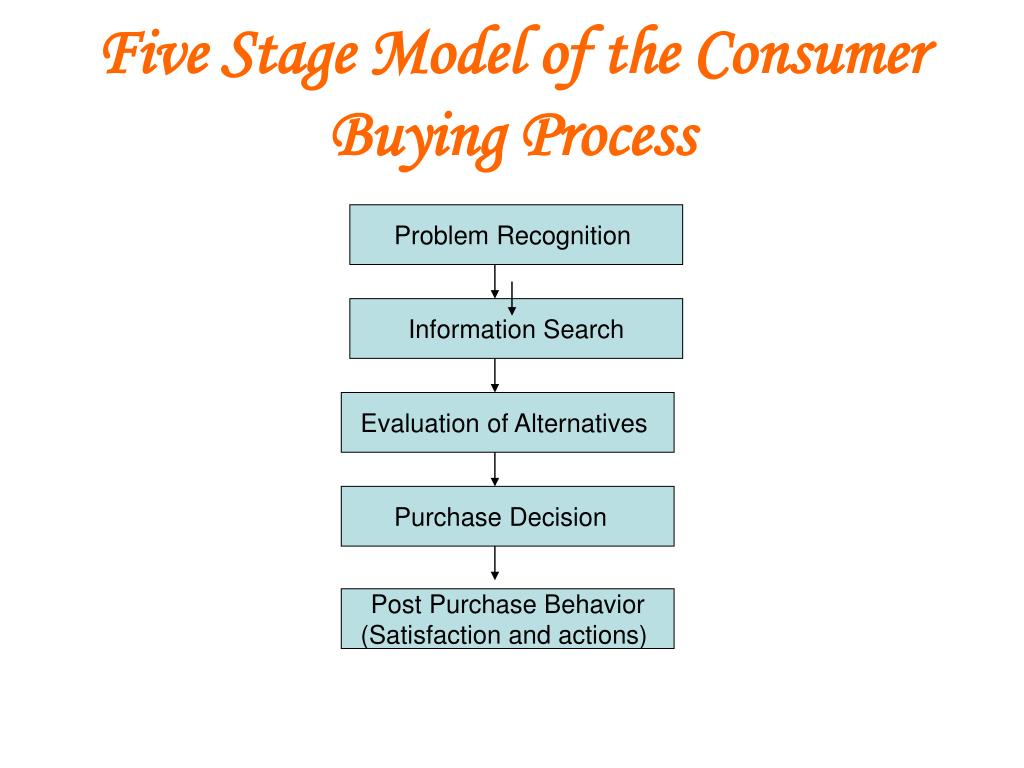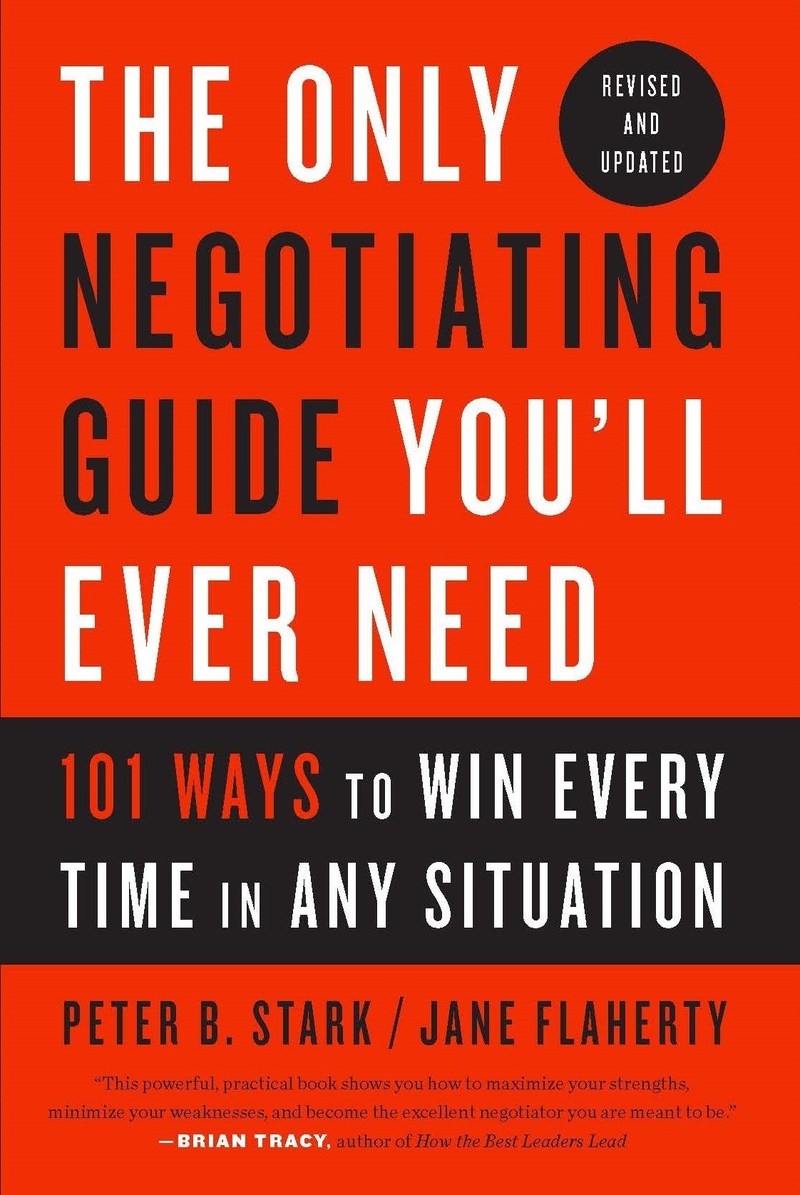Why Buying a Business Requires More Than Just a Good Instinct
Buying a business can be a daunting task, especially for entrepreneurs who are new to the process. While instinct and experience can play a significant role in making a successful acquisition, they are not enough on their own. Thorough research and planning are essential to ensure that the purchase is a wise investment and sets the business up for long-term success.
One of the most significant pitfalls of relying solely on instinct is the potential for overlooking critical factors that can impact the business’s future performance. Financials, market trends, and management structure are just a few of the key areas that require careful consideration. Without a thorough understanding of these elements, entrepreneurs risk making a purchase that may not align with their goals or may even lead to financial difficulties.
This is where books on buying a business come in – providing valuable insights and expert guidance to help entrepreneurs make informed decisions. By reading about the experiences of others and learning from their successes and failures, entrepreneurs can gain a deeper understanding of the acquisition process and develop a more nuanced approach to buying a business.
For example, books on buying a business may cover topics such as due diligence, negotiation strategies, and post-acquisition integration. These resources can offer practical advice and real-world examples, helping entrepreneurs to navigate the complex process of buying a business and avoid common pitfalls.
Furthermore, books on buying a business can provide entrepreneurs with a framework for evaluating potential opportunities and making informed decisions. By learning about the key factors to consider when buying a business, entrepreneurs can develop a more systematic approach to the process and reduce the risk of relying solely on instinct.
Ultimately, buying a business requires a combination of instinct, experience, and thorough research. By leveraging the insights and expertise found in books on buying a business, entrepreneurs can make more informed decisions and set themselves up for long-term success.
How to Evaluate a Business Opportunity: Key Factors to Consider
Evaluating a business opportunity requires a thorough and systematic approach to ensure that the potential acquisition aligns with the buyer’s goals and objectives. When considering a business for purchase, it is essential to examine several key factors, including financials, market trends, and management structure.
Financials are a critical component of the evaluation process, as they provide insight into the business’s revenue, profitability, and cash flow. Buyers should review financial statements, such as balance sheets and income statements, to understand the business’s financial health and identify potential areas for improvement. Books on buying a business, such as “Financial Intelligence” by Karen Berman and Joe Knight, can offer guidance on how to analyze financial statements and identify key performance indicators.
Market trends are another essential factor to consider when evaluating a business opportunity. Buyers should research the market to understand the business’s position within the industry, as well as the overall growth prospects of the market. This can involve analyzing market research reports, industry publications, and competitor analysis. Books on buying a business, such as “The McKinsey Mind” by Ethan Rasiel, can provide insights into market analysis and competitive strategy.
Management structure is also a critical factor to consider when evaluating a business opportunity. Buyers should assess the business’s leadership team, organizational structure, and human resources to understand the business’s operational capabilities and potential for growth. Books on buying a business, such as “The Five Dysfunctions of a Team” by Patrick Lencioni, can offer guidance on how to evaluate a business’s management structure and identify potential areas for improvement.
By considering these key factors, buyers can gain a comprehensive understanding of the business opportunity and make an informed decision about whether to proceed with the acquisition. Books on buying a business can provide valuable insights and expert guidance to help buyers navigate the evaluation process and avoid common pitfalls.
Ultimately, evaluating a business opportunity requires a thorough and systematic approach that takes into account multiple factors. By leveraging the insights and expertise found in books on buying a business, buyers can make more informed decisions and increase their chances of success.
Top Books for Buying a Business: Insights from Seasoned Entrepreneurs
When it comes to buying a business, there is no substitute for experience and expertise. However, for entrepreneurs who are new to the process, books on buying a business can provide valuable insights and guidance. Here are some highly recommended books on buying a business, written by seasoned entrepreneurs and industry experts.
“Buy Then Build” by Walker Deibel is a comprehensive guide to buying a business, covering topics such as business valuation, due diligence, and post-acquisition integration. Deibel, a successful entrepreneur and business owner, shares his expertise and experience in a clear and concise manner, making this book an essential read for anyone looking to buy a business.
“The Complete Guide to Buying a Business” by Richard Mowrey is another highly recommended book on buying a business. Mowrey, a seasoned entrepreneur and business broker, provides a step-by-step guide to the business buying process, including how to find and evaluate potential businesses, negotiate the deal, and finalize the purchase. This book is a valuable resource for entrepreneurs who want to make an informed decision when buying a business.
“Financial Intelligence” by Karen Berman and Joe Knight is a book that focuses on the financial aspects of buying a business. The authors, both experienced entrepreneurs and financial experts, provide guidance on how to analyze financial statements, evaluate business performance, and make informed decisions about the purchase price. This book is a must-read for entrepreneurs who want to make a smart financial decision when buying a business.
“The McKinsey Mind” by Ethan Rasiel is a book that provides insights into the strategic thinking and problem-solving skills required to buy a business successfully. Rasiel, a former McKinsey consultant, shares his expertise and experience in a clear and concise manner, making this book an essential read for entrepreneurs who want to develop a strategic approach to buying a business.
These books on buying a business offer valuable insights and expert guidance to help entrepreneurs make informed decisions and achieve success. By reading these books, entrepreneurs can gain a deeper understanding of the business buying process and develop the skills and knowledge required to navigate the challenges of buying a business.
Understanding Business Valuation: A Critical Component of the Buying Process
Business valuation is a critical component of the buying process, as it can significantly impact the purchase price and overall success of the acquisition. A thorough understanding of business valuation is essential for entrepreneurs looking to buy a business, as it enables them to make informed decisions about the purchase price and negotiate effectively with the seller.
Books on buying a business can provide valuable insights and practical advice on business valuation methods and negotiation strategies. For example, “The Complete Guide to Buying a Business” by Richard Mowrey offers a comprehensive guide to business valuation, including how to determine the value of a business using different methods, such as the income approach, market approach, and asset approach.
Another important aspect of business valuation is understanding the different types of valuation methods and when to use them. “Buy Then Build” by Walker Deibel provides a detailed explanation of the different valuation methods, including the discounted cash flow (DCF) method, the comparable company analysis (CCA) method, and the precedent transaction analysis (PTA) method.
In addition to understanding business valuation methods, entrepreneurs also need to be aware of the common pitfalls and mistakes that can occur during the valuation process. “Financial Intelligence” by Karen Berman and Joe Knight highlights the importance of understanding the financial statements and financial performance of the business, as well as the need to identify and mitigate potential risks and liabilities.
By understanding business valuation and using the insights and expertise found in books on buying a business, entrepreneurs can make informed decisions about the purchase price and negotiate effectively with the seller. This can help to ensure a successful acquisition and a strong foundation for future growth and profitability.
Furthermore, books on buying a business can also provide guidance on how to negotiate the deal and finalize the purchase. “The McKinsey Mind” by Ethan Rasiel offers practical advice on how to negotiate effectively, including how to build relationships with the seller, navigate due diligence, and finalize the deal.
In conclusion, business valuation is a critical component of the buying process, and entrepreneurs need to have a thorough understanding of the different valuation methods and negotiation strategies to make informed decisions. By using the insights and expertise found in books on buying a business, entrepreneurs can ensure a successful acquisition and a strong foundation for future growth and profitability.
Negotiating the Deal: Strategies for Success
Negotiating the deal is a critical component of the business buying process. It requires a deep understanding of the business, its value, and the market. Books on buying a business can provide valuable insights and practical advice on negotiation strategies, helping entrepreneurs to navigate the complex process of buying a business.
One of the key strategies for successful negotiation is to build relationships with the seller. This can be achieved by establishing trust, communicating effectively, and demonstrating a genuine interest in the business. “The Complete Guide to Buying a Business” by Richard Mowrey provides guidance on how to build relationships with sellers, including how to establish a rapport, negotiate the price, and finalize the deal.
Another important aspect of negotiation is due diligence. This involves conducting a thorough review of the business’s financials, operations, and market position. “Buy Then Build” by Walker Deibel offers practical advice on how to conduct due diligence, including how to review financial statements, assess the business’s competitive position, and identify potential risks and liabilities.
Books on buying a business can also provide guidance on how to navigate the negotiation process. “The McKinsey Mind” by Ethan Rasiel offers insights into the negotiation strategies employed by successful entrepreneurs and industry experts. This includes how to use data and analysis to inform negotiation decisions, how to manage the negotiation process, and how to finalize the deal.
In addition to these strategies, entrepreneurs should also be aware of the common pitfalls and mistakes that can occur during the negotiation process. “Financial Intelligence” by Karen Berman and Joe Knight highlights the importance of understanding the financial implications of the deal, including how to evaluate the business’s financial performance, identify potential risks and liabilities, and negotiate the price.
By using the insights and expertise found in books on buying a business, entrepreneurs can develop effective negotiation strategies and navigate the complex process of buying a business. This can help to ensure a successful acquisition and a strong foundation for future growth and profitability.
Ultimately, negotiating the deal requires a combination of preparation, strategy, and skill. By leveraging the insights and expertise found in books on buying a business, entrepreneurs can make informed decisions and achieve their goals.
Post-Acquisition Integration: Ensuring a Smooth Transition
Post-acquisition integration is a critical phase of the business buying process, where the buyer must navigate the challenges of merging two businesses. This phase requires careful planning, execution, and management to ensure a smooth transition and minimize disruptions to the business.
Books on buying a business can offer practical advice on managing cultural differences, retaining key employees, and driving growth during the post-acquisition integration phase. “The Complete Guide to Buying a Business” by Richard Mowrey provides guidance on how to integrate the acquired business into the buyer’s existing operations, including how to manage cultural differences, retain key employees, and drive growth.
Another important aspect of post-acquisition integration is managing the transition of employees, customers, and suppliers. “Buy Then Build” by Walker Deibel offers practical advice on how to manage the transition of employees, including how to communicate the acquisition to employees, manage employee expectations, and retain key talent.
Books on buying a business can also provide guidance on how to drive growth and increase revenue during the post-acquisition integration phase. “The McKinsey Mind” by Ethan Rasiel offers insights into how to drive growth and increase revenue, including how to identify opportunities for cost savings, improve operational efficiency, and increase revenue through strategic initiatives.
In addition to these strategies, entrepreneurs should also be aware of the common pitfalls and mistakes that can occur during the post-acquisition integration phase. “Financial Intelligence” by Karen Berman and Joe Knight highlights the importance of understanding the financial implications of the acquisition, including how to manage the transition of financial systems, integrate financial reporting, and manage cash flow.
By using the insights and expertise found in books on buying a business, entrepreneurs can navigate the challenges of post-acquisition integration and ensure a smooth transition. This can help to minimize disruptions to the business, retain key employees and customers, and drive growth and increase revenue.
Ultimately, post-acquisition integration requires careful planning, execution, and management to ensure a smooth transition and minimize disruptions to the business. By leveraging the insights and expertise found in books on buying a business, entrepreneurs can make informed decisions and achieve their goals.
Real-Life Examples of Successful Business Acquisitions
While buying a business can be a complex and challenging process, there are many examples of successful acquisitions that can provide valuable insights and lessons for entrepreneurs. In this section, we will explore some real-life examples of successful business acquisitions, highlighting the strategies and tactics employed by the buyers.
One example of a successful business acquisition is the purchase of Whole Foods Market by Amazon in 2017. This acquisition was a strategic move by Amazon to expand its presence in the grocery market and provide a new channel for its customers to purchase fresh produce and other food products. The acquisition was successful due to Amazon’s thorough research and planning, as well as its ability to integrate Whole Foods Market into its existing operations.
Another example of a successful business acquisition is the purchase of LinkedIn by Microsoft in 2016. This acquisition was a strategic move by Microsoft to expand its presence in the professional networking market and provide a new platform for its customers to connect with each other. The acquisition was successful due to Microsoft’s thorough research and planning, as well as its ability to integrate LinkedIn into its existing operations.
These examples illustrate the importance of thorough research and planning when buying a business. They also highlight the importance of integrating the acquired business into the buyer’s existing operations, and managing cultural differences and retaining key employees.
Books on buying a business can provide valuable insights and practical advice on how to navigate the challenges of buying a business. For example, “The Complete Guide to Buying a Business” by Richard Mowrey provides guidance on how to evaluate a business opportunity, negotiate the deal, and integrate the acquired business into the buyer’s existing operations.
By studying these examples and using the insights and expertise found in books on buying a business, entrepreneurs can gain a deeper understanding of the business acquisition process and make informed decisions when buying a business.
Ultimately, buying a business requires a combination of thorough research and planning, strategic thinking, and effective execution. By leveraging the insights and expertise found in books on buying a business, entrepreneurs can navigate the challenges of buying a business and achieve their goals.
Conclusion: Empowering Entrepreneurs to Make Informed Business Purchases
Buying a business can be a complex and challenging process, but with the right knowledge and resources, entrepreneurs can make informed decisions and achieve their goals. Throughout this article, we have discussed the importance of thorough research and planning, the key factors to consider when evaluating a business opportunity, and the value of books as a resource for entrepreneurs.
We have also explored the critical components of the buying process, including business valuation, negotiation strategies, and post-acquisition integration. Additionally, we have shared real-life examples of successful business acquisitions, highlighting the strategies and tactics employed by the buyers.
By leveraging the insights and expertise found in books on buying a business, entrepreneurs can navigate the challenges of buying a business and achieve their goals. Whether you are a seasoned entrepreneur or just starting out, the knowledge and insights gained from these books can help you make informed decisions and avoid costly mistakes.
As you continue on your business acquisition journey, remember to stay focused, persistent, and adaptable. With the right mindset and resources, you can overcome any obstacle and achieve success. By empowering yourself with knowledge and insights, you can make informed decisions and drive growth and profitability in your business.
In conclusion, buying a business requires more than just a good instinct. It requires thorough research and planning, a deep understanding of the business and its value, and the ability to navigate the challenges of the buying process. By using the insights and expertise found in books on buying a business, entrepreneurs can make informed decisions and achieve their goals.







